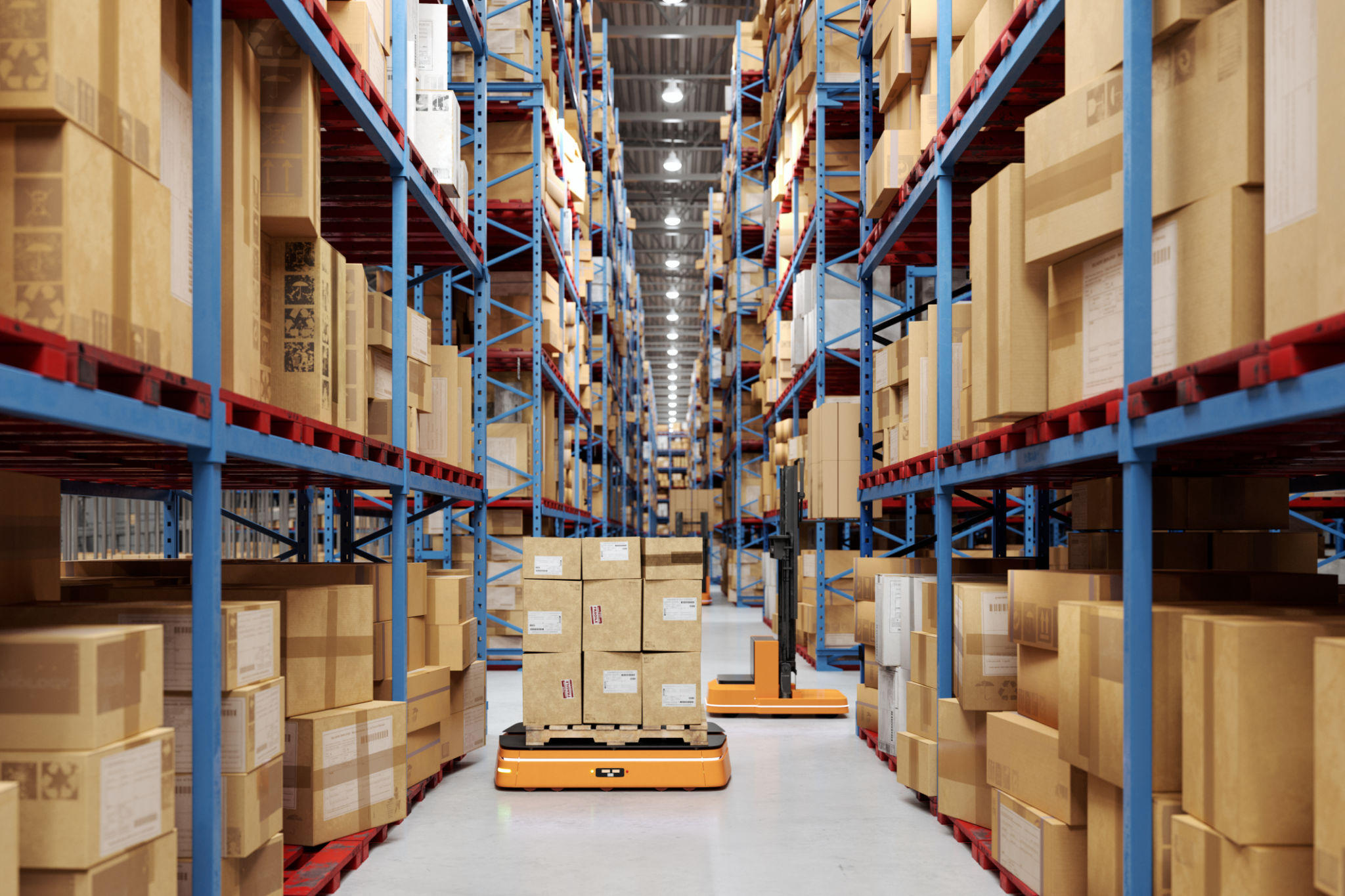Choosing the Right Construction Materials for Your Warehouse: A Buyer's Guide
Understanding Your Warehouse Needs
When embarking on the construction of a warehouse, the first step is to understand your specific needs. Different industries require different types of materials based on factors like storage requirements, climate conditions, and the type of goods stored. It's essential to conduct a thorough analysis of your operational needs before making any decisions. This consideration will guide you in selecting materials that ensure durability, safety, and efficiency.
Climate Considerations
The location of your warehouse plays a significant role in material selection. For areas prone to extreme weather conditions, it is crucial to choose materials that can withstand those challenges. For example, in regions with high humidity, you might consider materials that resist corrosion and mold growth. Conversely, in colder climates, insulation becomes a priority to maintain energy efficiency.

Material Options for Warehouse Construction
There are several materials commonly used in warehouse construction, each with its own advantages and disadvantages. Here is a list of some popular options:
- Steel: Known for its strength and durability, steel is a popular choice for framing and roofing.
- Concrete: Often used for its fireproof properties and ability to withstand heavy loads.
- Wood: Offers a more traditional aesthetic and can be cost-effective but requires treatment for fire resistance.
Sustainability and Environmental Impact
In today's world, sustainability is a key consideration for many businesses. Choosing eco-friendly materials not only helps the environment but can also provide long-term cost savings. Materials like recycled steel or sustainably sourced wood are excellent choices for reducing your warehouse's carbon footprint. Additionally, consider using materials that improve energy efficiency, such as insulated panels or reflective roofing.

Cost vs. Quality
Balancing cost and quality is often one of the most challenging aspects of selecting construction materials. While it might be tempting to opt for cheaper materials to reduce upfront costs, this can lead to higher maintenance expenses over time. Investing in high-quality materials can lead to better longevity and reduced repair costs, offering better value in the long run.
Consulting with Professionals
Engaging with architects, engineers, and construction professionals can provide valuable insights into the best materials for your warehouse project. These experts can offer guidance based on experience and industry standards, helping you make informed decisions that align with your functional requirements and budget constraints.

Regulatory Compliance
Ensuring that your warehouse complies with local building codes and regulations is crucial. Different jurisdictions have varying standards for construction materials, especially concerning fire resistance and structural integrity. It's essential to research these regulations early in the planning process to avoid costly adjustments later.
Future-Proofing Your Investment
Finally, consider the future needs of your warehouse. As your business grows, your storage requirements may evolve. Choosing adaptable materials that allow for easy modifications or expansions can save both time and money in the long run. Think about potential technological advancements or changes in industry standards that might impact your warehouse's functionality in the future.
In summary, selecting the right construction materials for your warehouse is a multifaceted decision that requires careful consideration of various factors. By understanding your specific needs, consulting with professionals, and considering future growth, you can ensure your warehouse is built to last.
